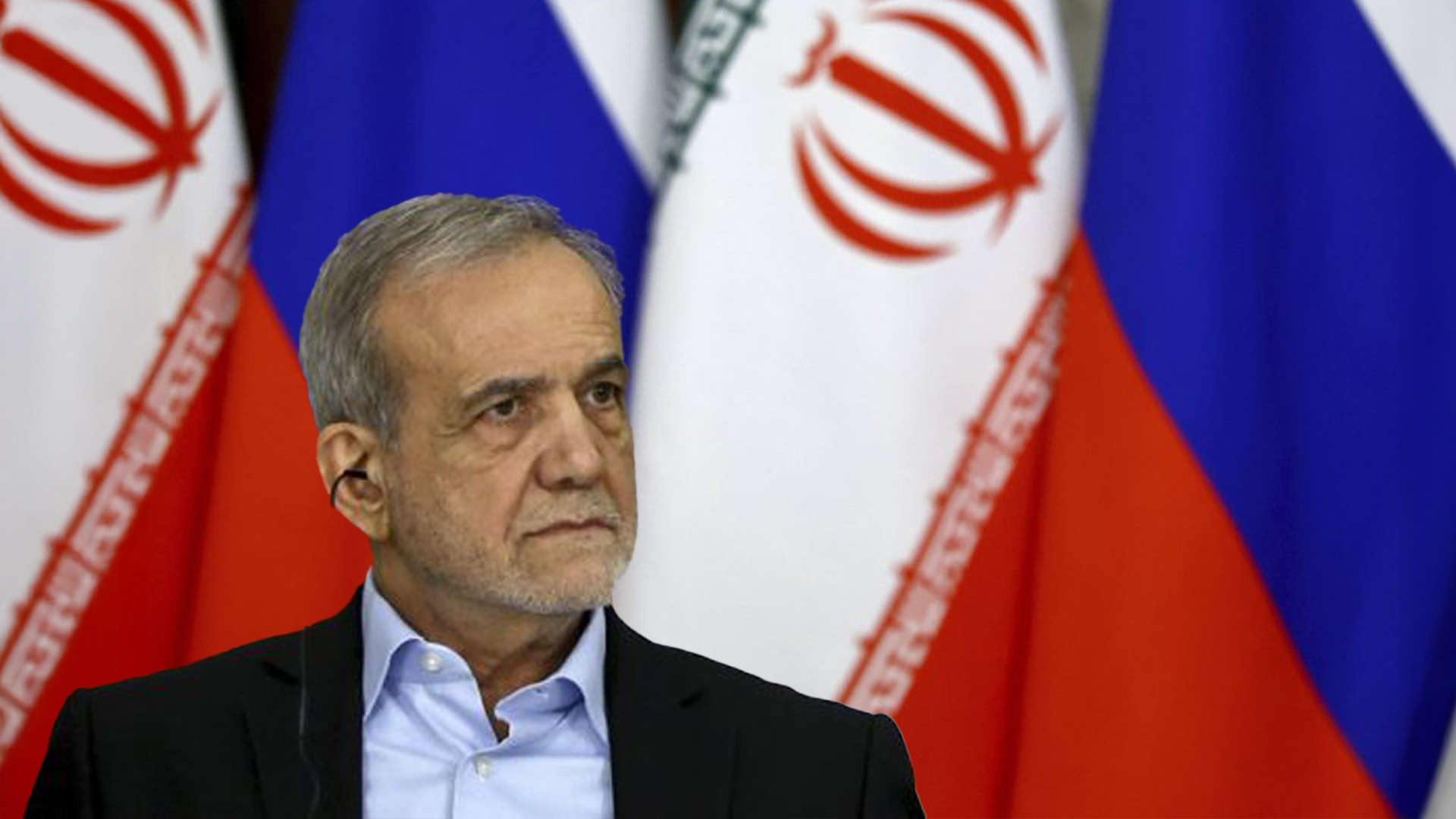Iran’s President Rules Out Direct Talks with Washington as Tensions Deepen
“We are ready for negotiations, but only through intermediaries,” Masoud Pezeshkian said.

By Ahora Qadi
ERBIL (Kurdistan24) – Iranian President Masoud Pezeshkian reaffirmed on Wednesday that Supreme Leader Ayatollah Ali Khamenei remains firmly opposed to direct negotiations with the United States, despite mounting calls for de-escalation amid a tense regional and nuclear climate.
Speaking at a national ceremony commemorating Iran’s Nuclear Technology Day, Pezeshkian declared that Tehran has “never pursued nuclear weapons, not now nor in the future,” and reiterated the Islamic Republic’s commitment to peace. However, he categorically ruled out any direct talks with Washington, stressing that all communications must remain indirect.
“We are ready for negotiations, but only through intermediaries,” Pezeshkian said, alluding to ongoing backchannel talks in Oman, where Iran’s foreign ministry—operating under Khamenei’s guidance—has been engaging with U.S. representatives.
Tehran’s Cautious Posture
Despite Pezeshkian’s overtures toward diplomacy, the Iranian leadership’s red lines remain entrenched. The president underscored that “Iran does not and will not accept any coercive or destabilizing policies,” signaling that Tehran views Western calls for direct engagement as an infringement on its sovereignty and strategic posture.
Meanwhile, The Washington Post reported Wednesday that Steve Witkoff, the U.S. government’s lead envoy on Iran, conveyed a message via Omani intermediaries proposing direct dialogue with Tehran. The U.S. reportedly warned that absent a shift to face-to-face talks, Witkoff might reconsider his planned visit to Muscat.
A U.S. official quoted in the report stated, “We need mutual understanding and cannot accept being misled by the Iranians.” The official added that Witkoff is prepared to travel to Tehran if presented with a formal invitation—an overture that remains unlikely given Tehran’s current stance.
European Frustration Escalates
The diplomatic impasse is further compounded by deteriorating relations between Iran and Europe. French Foreign Minister Jean-Noël Barrot, speaking before the Senate Foreign Affairs Committee, issued a stark warning to French nationals, urging them to “avoid travel to Iran” and advising those already there to leave immediately due to the “risk of arbitrary detention.”
Barrot emphasized that two French citizens remain in Iranian custody under what Paris describes as “state hostage-taking.” France has signaled its intention to bring a case before the International Court of Justice, citing violations of consular protection rights, but acknowledges the process may take significant time.
Among the detained are French language teacher Cécile Kohler and her partner Jacques Paris, held in solitary confinement since May 2022 on espionage charges. Neither has received consular access in over a year.
Nuclear Concerns and Strategic Calculations
The collapse of the Joint Comprehensive Plan of Action (JCPOA) and Iran’s expanded enrichment activities have reignited fears of a potential nuclear breakout.
Tehran’s refusal to engage directly with Washington, combined with reports of clandestine military cooperation and proxy activity in the region, is raising red flags across Western capitals. The Biden and Trump administrations alike have warned that failure to reach a diplomatic solution could trigger escalatory cycles with far-reaching consequences.
